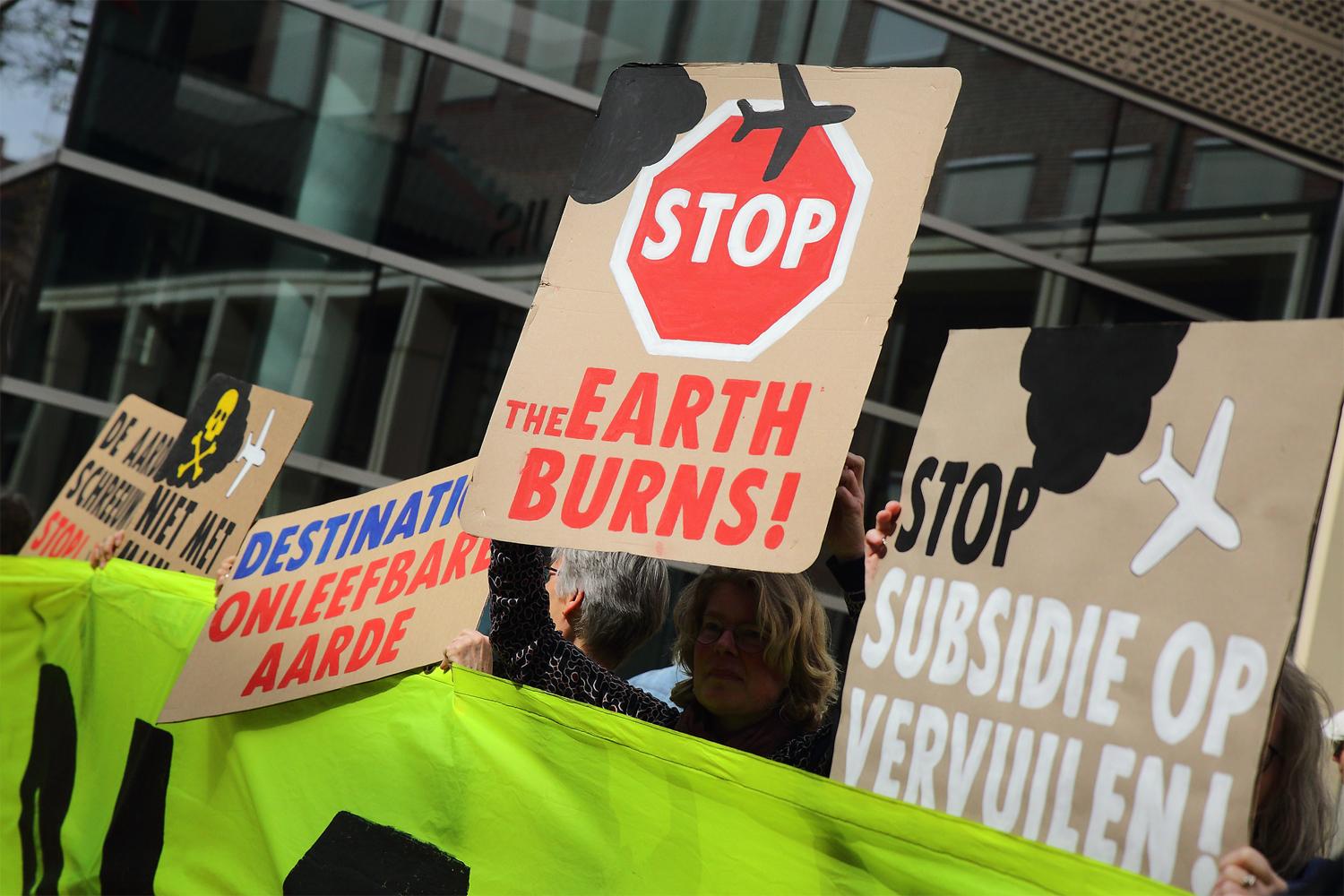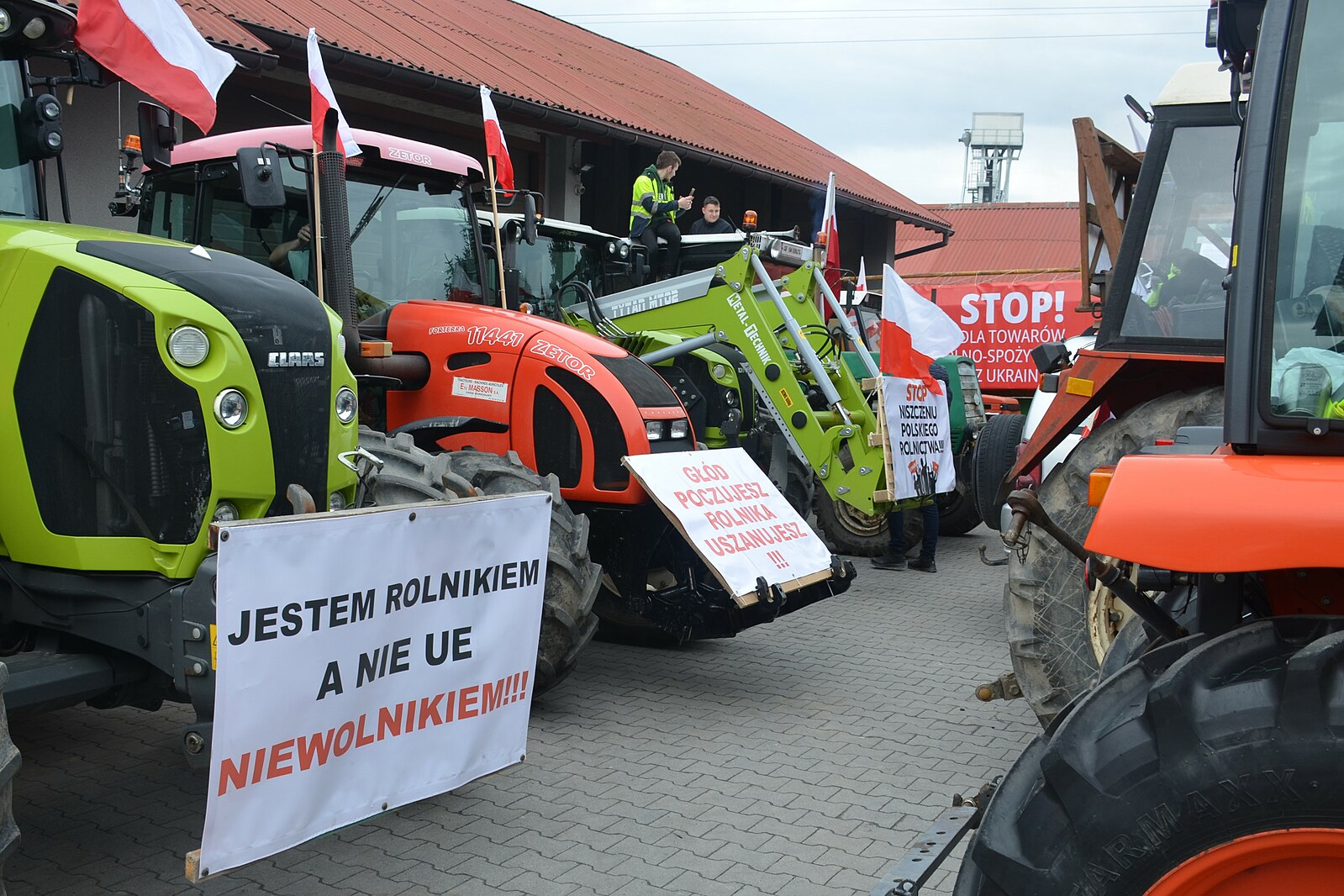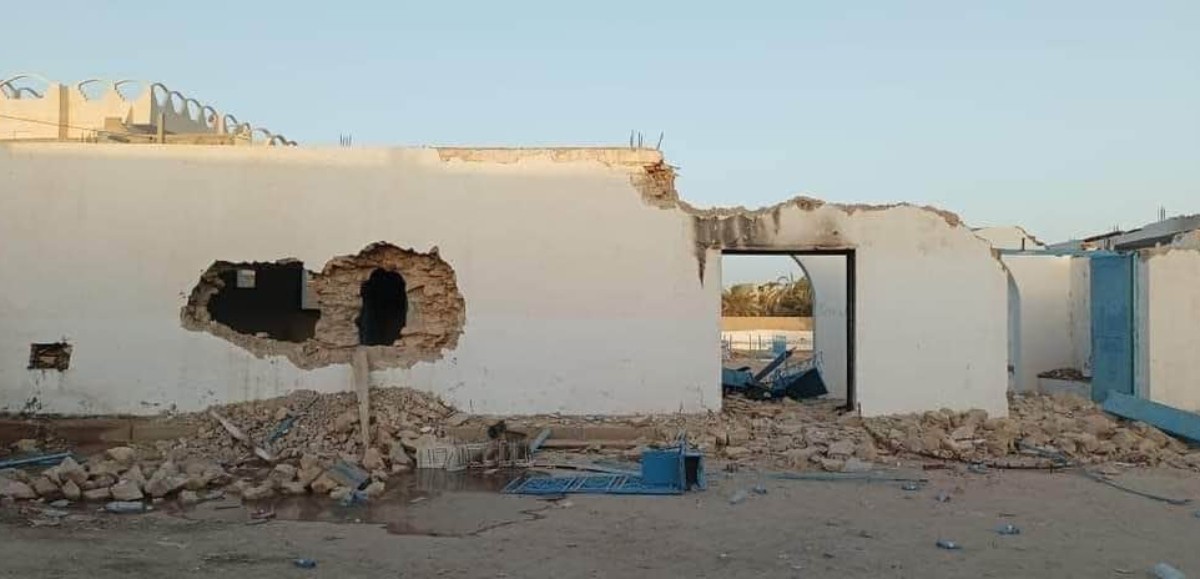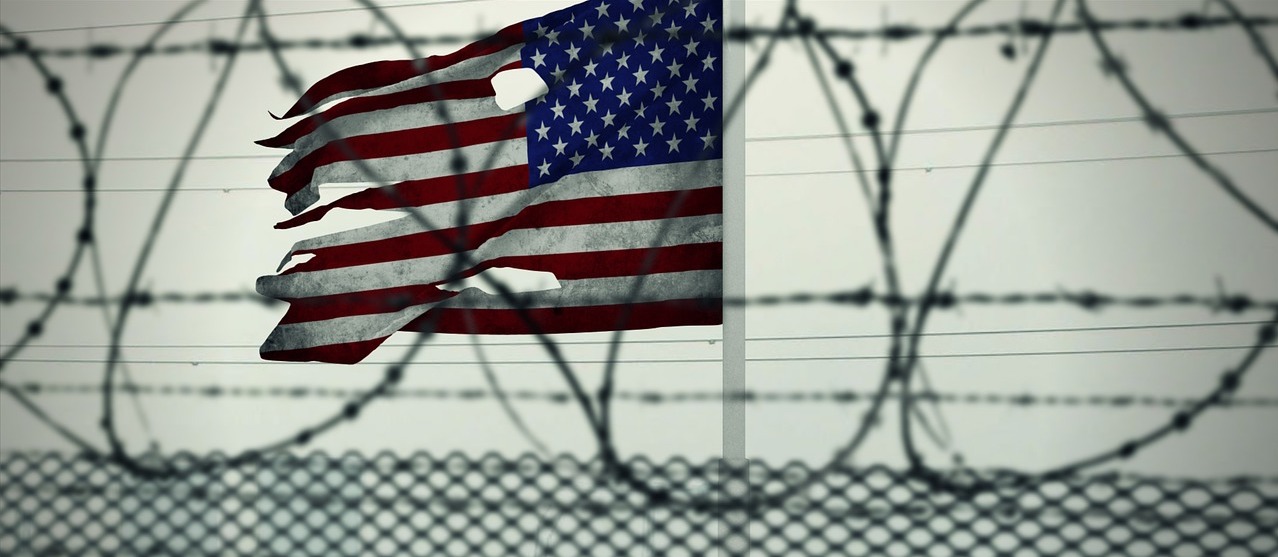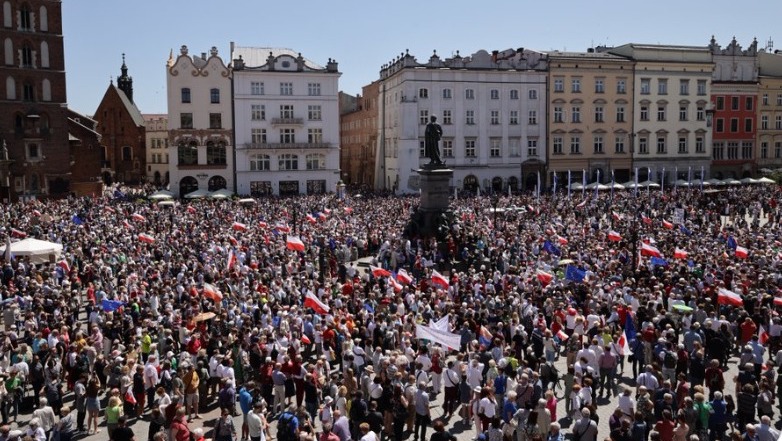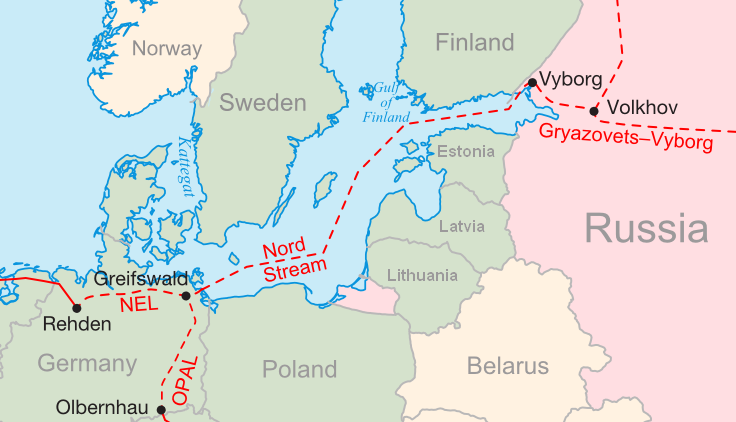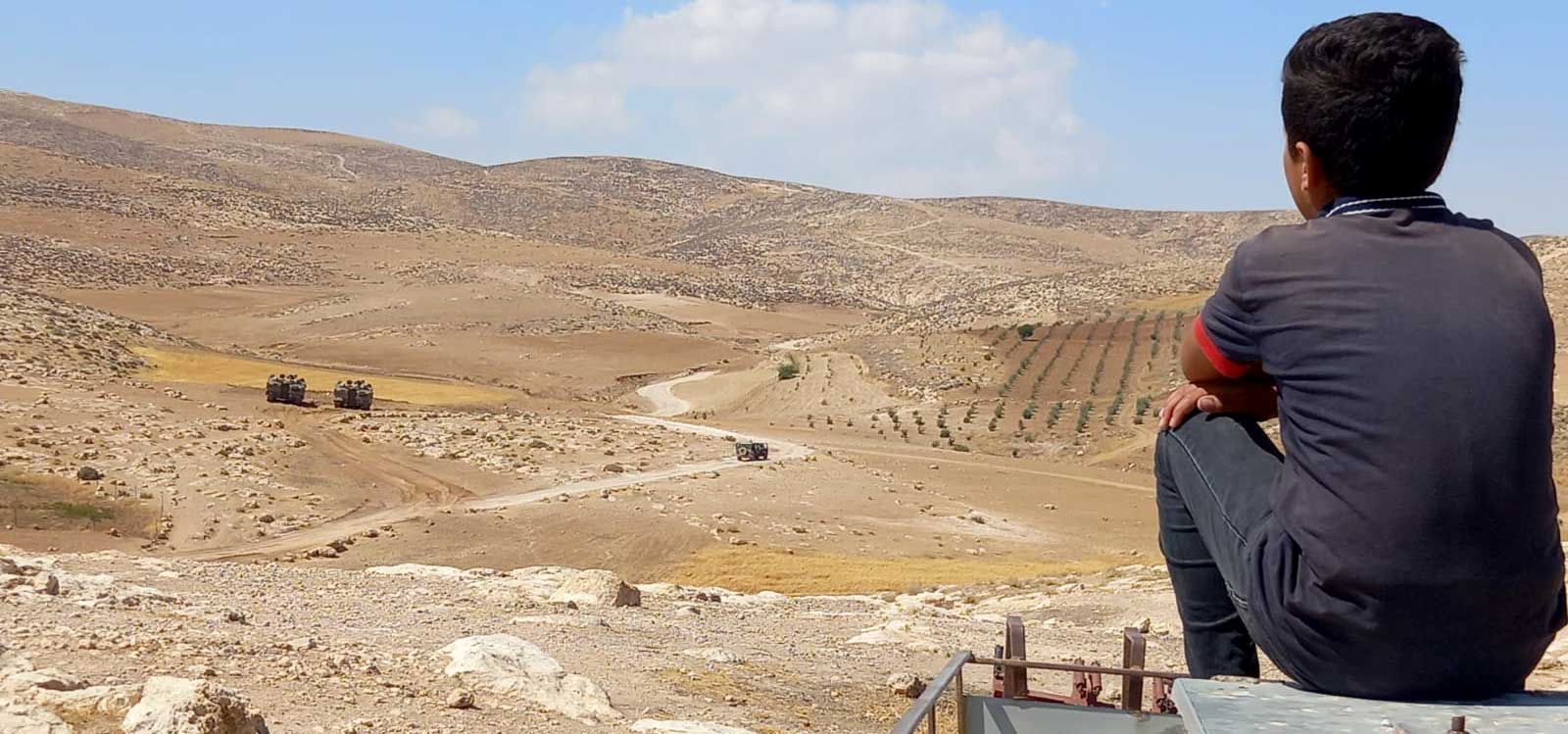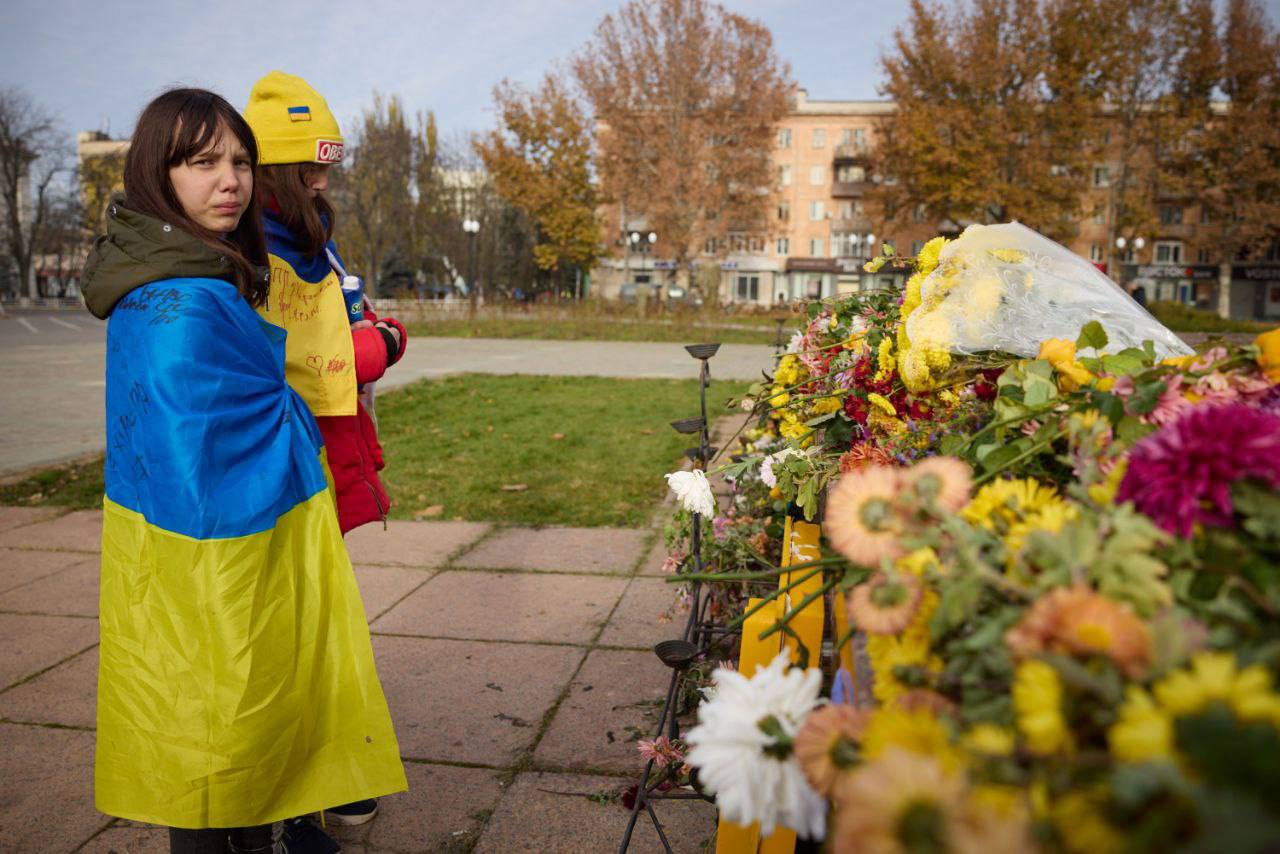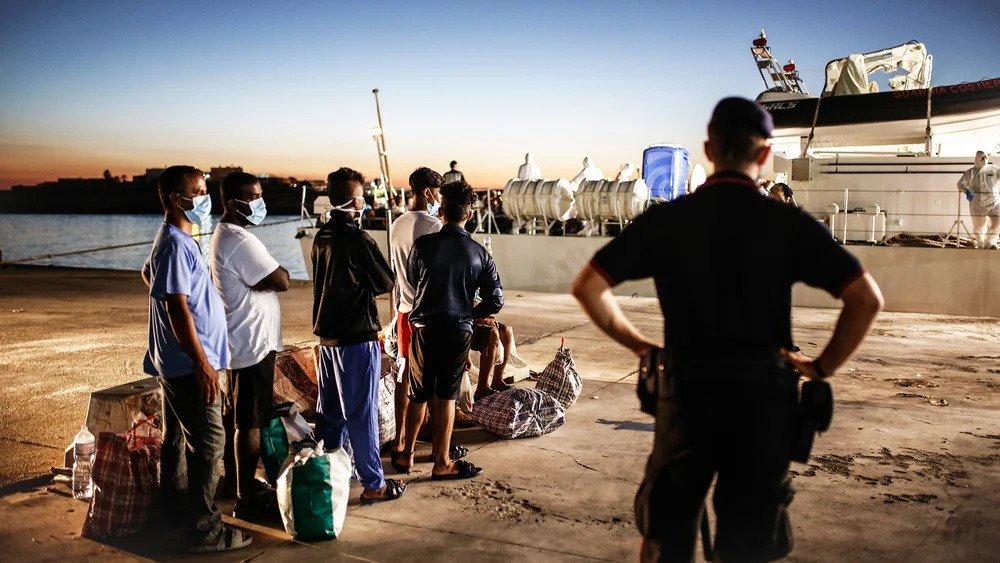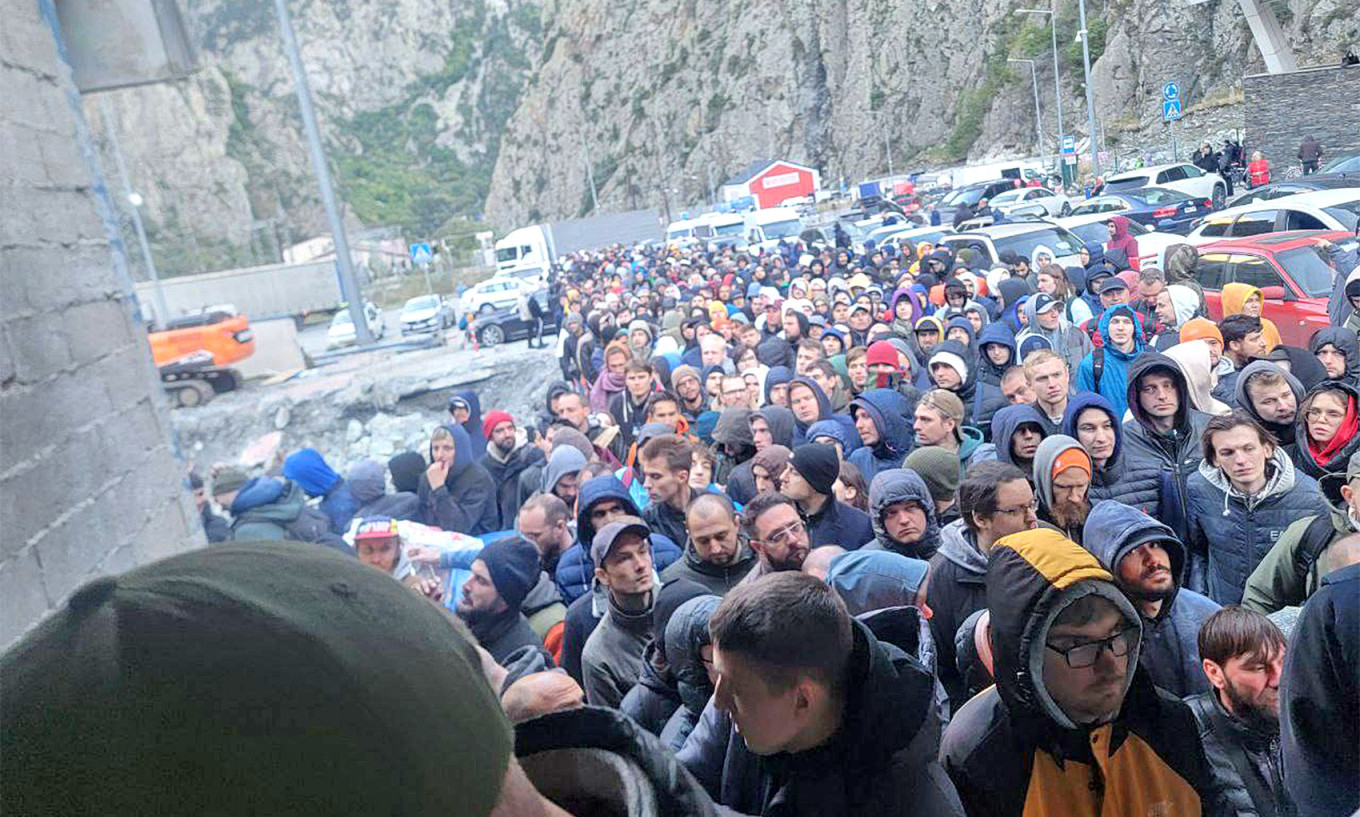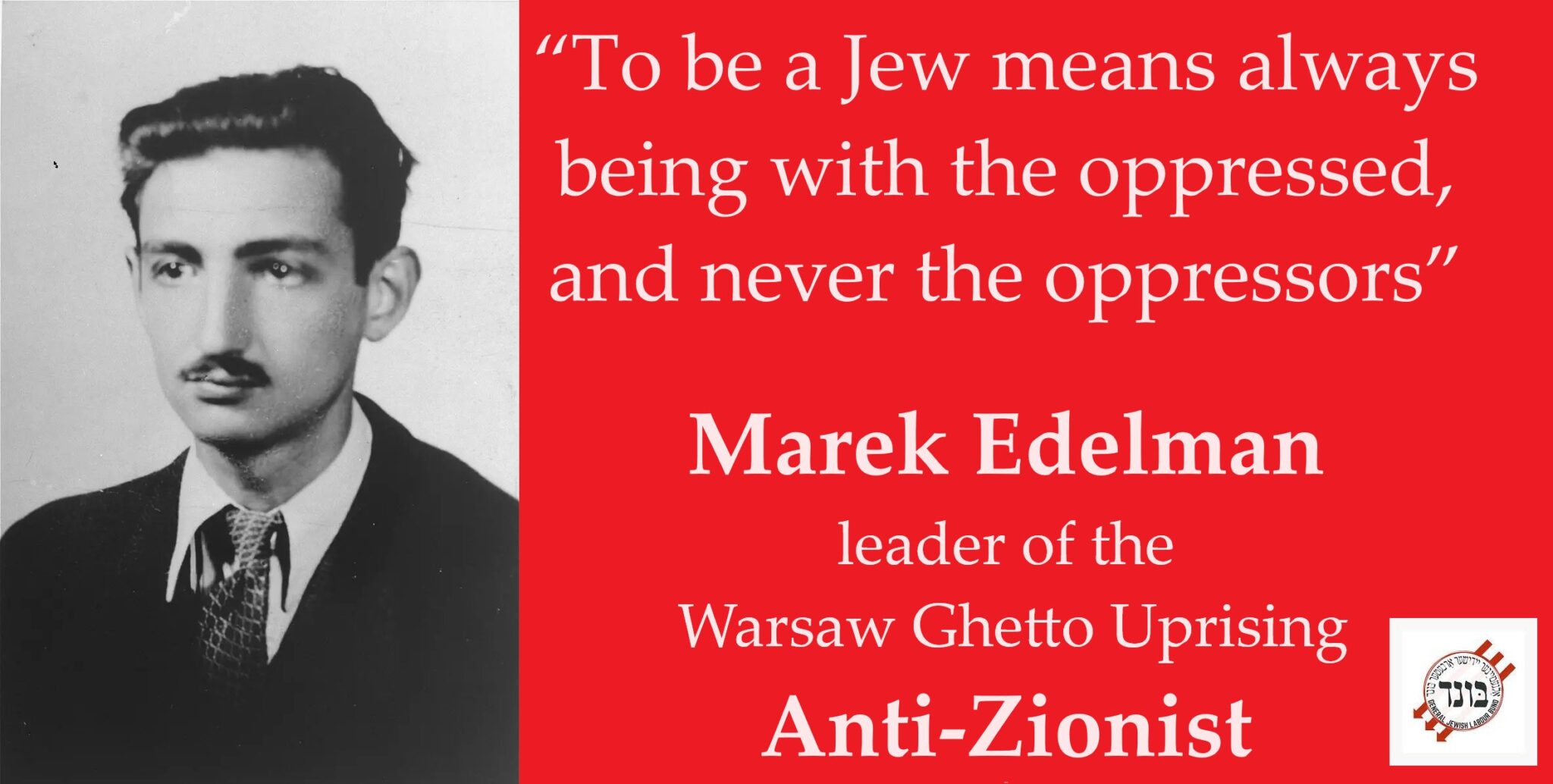
Marek Edelman: Jewish hero, anti-Zionist
In Episode 222 of the CounterVortex podcast, Bill Weinberg marks the 81st anniversary of the Warsaw Ghetto Uprising by reviewing the new documentary on Jewish armed struggle against the Nazis, Resistance—They Fought Back. A nearly forgotten element of this struggle was the consciously anti-Zionist politics of some of the resistance leaders—most notably Jewish Combat Organization subcommander Marek Edelman, who was the last surviving leader of the Ghetto Uprising when he died in his native Poland in 2009. Edelman was a follower of the General Jewish Labor Bund, which rejected the colonization of Palestine in favor of fighting for a dignified and secure place for Jews within Europe This history is especially critical at this moment in light of credible accusations that the self-proclaimed Jewish State is committing genocide in Gaza, and propagandistic efforts to cynically conflate anti-Zionism and anti-Semitism. ![]() Listen on SoundCloud or via Patreon. (Image: New Jewish Resistance)
Listen on SoundCloud or via Patreon. (Image: New Jewish Resistance)



